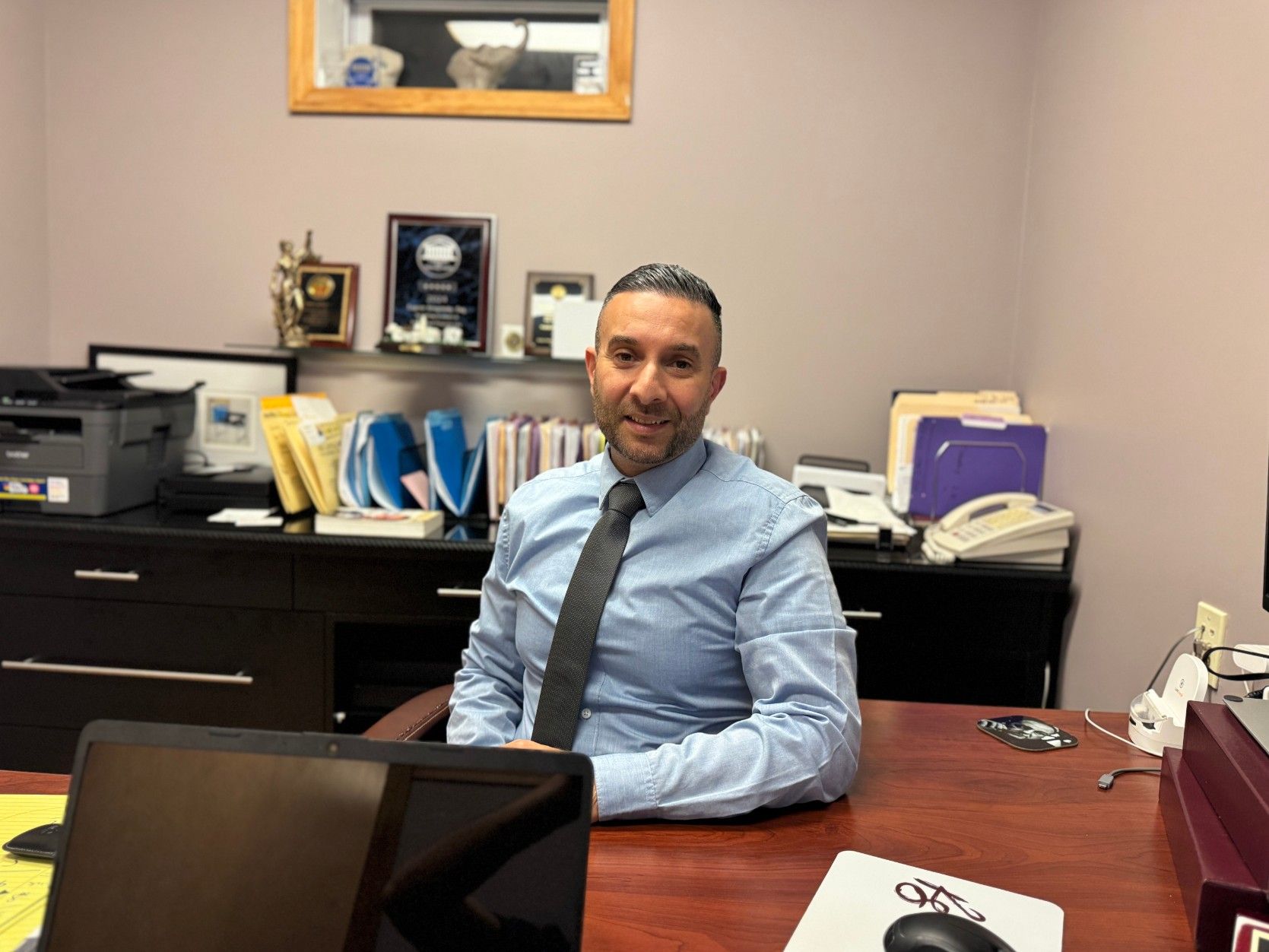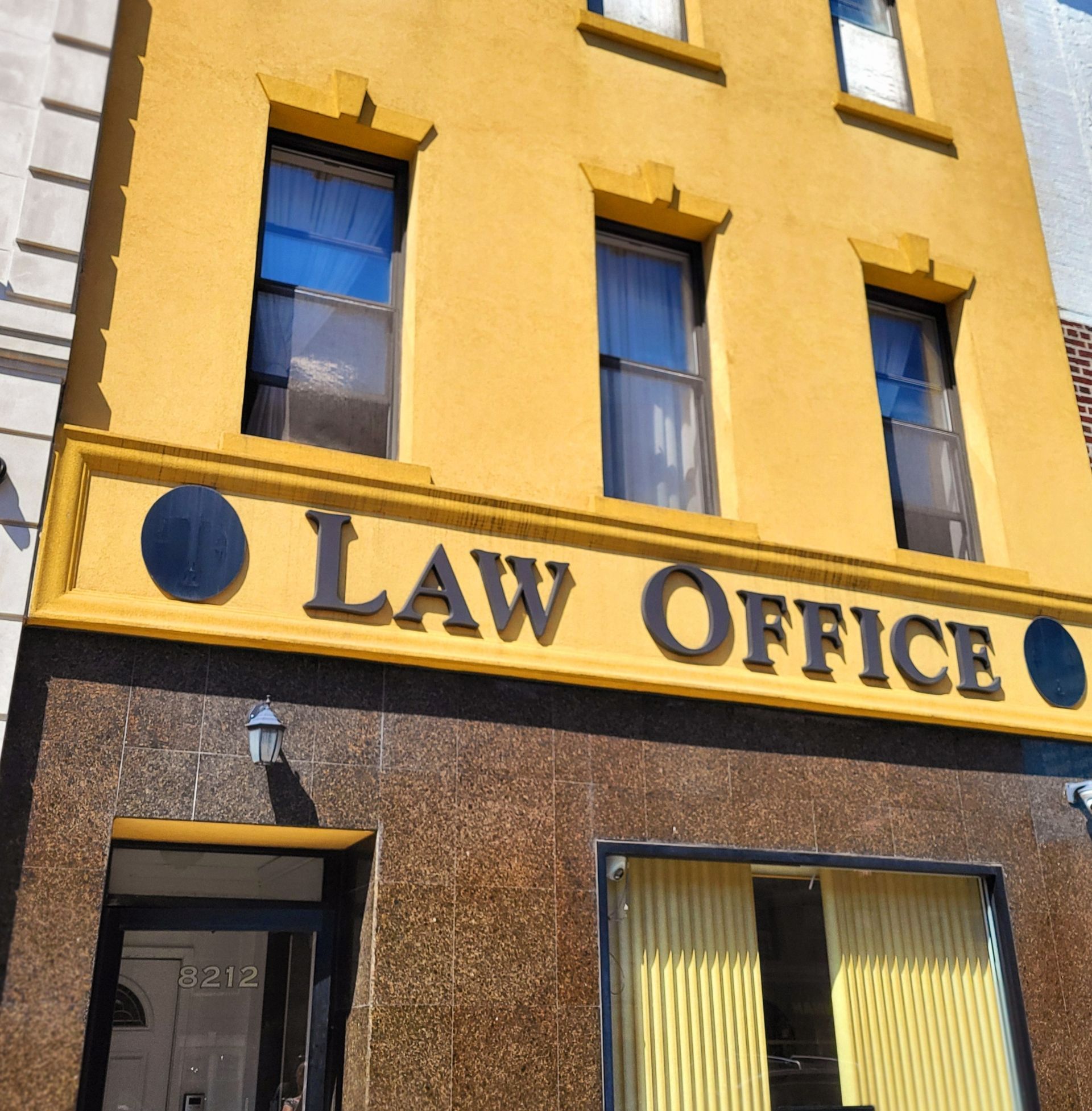What Happens if an Estate Goes Into Probate?
Probate is an essential legal process that occurs after someone passes away, ensuring the proper distribution of their assets in accordance with their wishes or state laws. In New York and New Jersey, like elsewhere, understanding the probate process is vital for anyone involved in estate planning or the aftermath of a loved one's death. Khalifeh & Strupinsky, P.C., with years of experience in the legal industry, aims to demystify what happens if an estate goes into probate.

Probate Process: A Brief Overview
Probate begins with validating the deceased's will, if available, and appointing an executor who oversees the distribution of assets, payment of debts, and completion of any outstanding legal matters. If the deceased doesn't have a will, state laws determine how the assets are distributed. This process ensures that beneficiaries receive their inheritance according to the decedent's wishes or the law.
The Importance of Wills and Trusts
A well-structured will or trust can significantly influence whether an estate goes through probate. In the absence of a will, or if assets are not appropriately titled, probate becomes a necessary step. Trusts, specifically living trusts, are often used to avoid probate because assets can be directly transferred to beneficiaries without the need for court intervention. However, certain conditions can trigger probate, such as the failure to transfer all intended assets into the trust.
Tax Implications in the Probate Process
Tax considerations play a crucial role in the probate process. The estate may be subject to various taxes, including estate taxes and inheritance taxes, depending on its size and the state's laws. In New York and New Jersey, executors must navigate these tax obligations, ensuring that the estate complies with federal and state tax laws, a task that can be complex and requires professional guidance.
Navigating Probate Without a Will
Dying without a will (intestate) subjects an estate to probate under the state's intestacy laws. The court appoints an executor to distribute assets according to these laws, often leading to outcomes that might not reflect the decedent's wishes. This process underscores the importance of having a will or estate plan in place to avoid unintended consequences.
The Role of Executors and Probate Courts
Executors play a pivotal role in managing the estate through probate. From filing petitions with the probate court to distributing assets and paying taxes, their responsibilities are extensive. In New York and New Jersey, the probate court's oversight ensures the estate is settled fairly, protecting the rights of beneficiaries and creditors.
Avoiding Probate: Is It Possible?
While not always necessary, avoiding probate can simplify the distribution of assets and minimize costs and delays. Techniques include creating living trusts, joint ownership with rights of survivorship, and naming beneficiaries on accounts and insurance policies. However, these strategies should be employed with legal advice to ensure they align with your estate planning goals.
How Khalifeh & Strupinsky, P.C. Can Help
Navigating probate or planning to avoid it can be a challenging process that requires careful legal guidance. Khalifeh & Strupinsky, P.C., with expertise in New York and New Jersey estate law, is equipped to assist you through every step of the probate process or in proactive estate planning to bypass probate altogether.
Ready for Expert Guidance?
If you're facing probate issues or wish to establish an estate plan that minimizes the likelihood of probate, Khalifeh & Strupinsky, P.C. is here to help. With a detailed understanding of New York and New Jersey's unique legal landscapes, our team can provide the expertise you need. Don't navigate these complex waters alone. Contact us today at 917-717-5007 or fill out our online form to learn how we can assist you in ensuring your estate is managed and distributed according to your wishes.







Have Questions?
Call our New York office at 917-717-5007 today to speak to an attorney or
Schedule a Case Evaluation
Contact us now!
Homepage FCE Form
We will get back to you as soon as possible.
Please try again later.
By submitting this form, you agree to be contacted by our law firm, either by phone, text or by email.
Hours
- Mon - Fri
- -
- Sat - Sun
- Closed
Free Consultation
ATTORNEY ADVERTISING. Prior results do not guarantee similar outcomes. No aspect of this advertisement has been approved by the Supreme Court of New Jersey.
The information on this website is for general information purposes only. Nothing on this site should be taken as legal advice for any individual case or situation. This information is not intended to create, and receipt or viewing does not constitute an attorney-client relationship.
All Rights Reserved | Khalifeh & Strupinsky, P.C. | Powered By Convert It Marketing | Privacy Policy
All Rights Reserved | Khalifeh & Strupinsky, P.C. | Powered By Convert It Marketing | Privacy Policy



